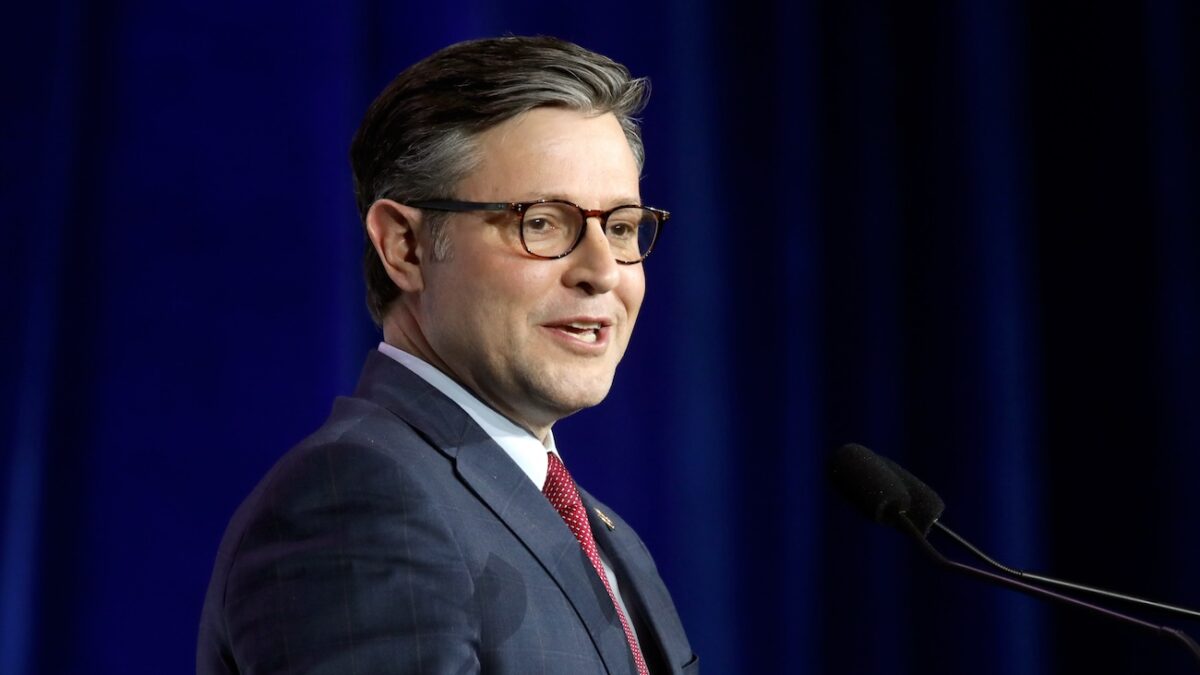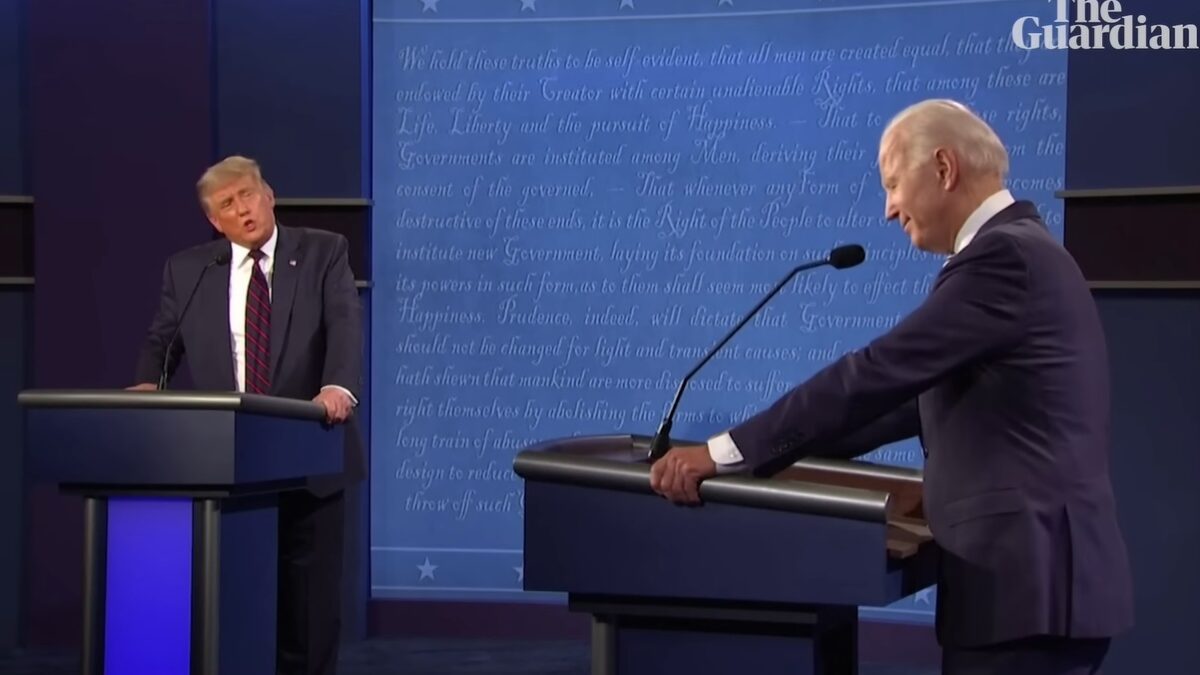
Talk about swampy: Republicans control the House, the Senate, and the White House, yet even token attempts to reduce spending cannot succeed.
Last week’s failure of a $15 billion package of rescissions (i.e., spending cuts) that the administration had proposed partly reflected the narrow Republican majority in the Senate. With Republicans’ one-vote margin, objections by Sens. Susan Collins (R-ME) and Richard Burr (R-NC) sank the measure in a 48-50 vote.
But the watered-down package itself speaks volumes about Congress’ inability to control spending. The rescissions package did not touch the massive, budget-busting omnibus spending bill enacted earlier this year—a 2,200-page monstrosity that members enacted into law mere hours after its release. Nor would the rescissions package have taken steps to solve the entitlement crisis that represents the prime driver of America’s long-term deficits and debt.
Health Care: Dems Demagogue, GOP Caves
Nearly half of the proposed savings, approximately $7 billion, in the rescissions package came from the State Children’s Health Insurance Program (SCHIP)—roughly $5.1 billion in unobligated balances, and $1.9 billion in child enrollment contingency funds for the current fiscal year that ends in September.
Liberals claimed the rescissions package would “gut” the contingency fund and “put the health of children at risk.” However, the Congressional Budget Office (CBO) last month noted that, with respect to the $5.1 billion in unobligated SCHIP balances, “authority to distribute the funds to states…expired in 2017.”
CBO also “projected that the rescission from the child enrollment contingency fund would not affect payments to states.” In sum, the budget office concluded that the $7 billion rescission “would not affect…the number of individuals with insurance coverage.”
As I wrote back in January, Republicans abdicated claims that they would reform the SCHIP program under unified Republican control of Congress and the presidency. For instance, in 2009 then-Ranking Member of the House Budget Committee Paul Ryan (R-WI) criticized the creation of the child enrollment contingency fund included in a Democrat-crafted SCHIP bill as “another entitlement train wreck.” But earlier this year, the Republican House he now leads passed, and the president signed into law, a ten-year reauthorization of the program with few major changes.
Had Republicans stuck to their prior principles on SCHIP, much of the rescissions package would have proved unnecessary. Congress never would have authorized the funds in the first place, eliminating the need to rescind that spending. They did not. Collins voted against the package because of the SCHIP funds, while Sen. Lisa Murkowski (R-AK) voted to support it, but very begrudgingly.
Parochial Interests Clip the Other Vote
The other Senate Republican no vote came from Burr, a surprise opponent of the measure. Burr said he opposed the package’s $16 million reduction in funding for the Land and Water Conservation Fund.
Burr’s staff told the Washington Post they had not received assurances that Burr could receive a vote on an amendment striking the land and water reduction from the package, leading the senator to oppose the procedural motion to bring the package to the floor.
As I have previously written, rank-and-file members of Congress have ceded far too much authority to their leadership to determine the composition of bills. Given that the Senate held floor votes on one—yes, one—senator’s amendment from January to June, asking for an up-or-down vote on a portion of the package sounds reasonable, even if it runs the risk that the package gets picked apart in a death by a thousand small cuts.
On the other hand, killing a $15 billion spending reduction package over literally 0.1 percent of its contents seems more than slightly absurd. With the federal debt at $21 trillion and rising, if Congress will not act on this package—buckets of unspent money lying around at agencies, like spare change under the proverbial couch cushions—when will it discover fiscal discipline?
All Dessert, No Spinach
The defeat of this rescissions package means another may not follow in short order. The administration wanted to propose reductions in spending from March’s omnibus legislation. But appropriators like Senate Majority Leader Mitch McConnell (R-KY) said that one party clawing back money included in a bipartisan budget deal might impede Congress’ ability to pass budget-busting legislation in the future. (Quelle horreur!)
The administration relented in the short-term, hoping to start a virtuous cycle of fiscal responsibility and set spending-reducing precedent they could build upon. Unfortunately, however, the administration failed to recognize the magnitude of this Congress’ bipartisan addiction to federal spending.
As I noted back in January, members of Congress seem to have an innate ability to find ways to duck difficult choices. Rather than making tough spending calls now, they choose—and make no mistake: Failing to set priorities is a choice—to pass the decisions on to the next generation, in the form of higher spending and debt.
Sooner or later, Congress will end up passing spending reductions of a much larger scale than last week’s rescissions package. That they failed to start that task when they had an easy opportunity—the lowest of the low-hanging fruit—will make the spending reductions Congress ultimately enacts that much larger, and more painful.









